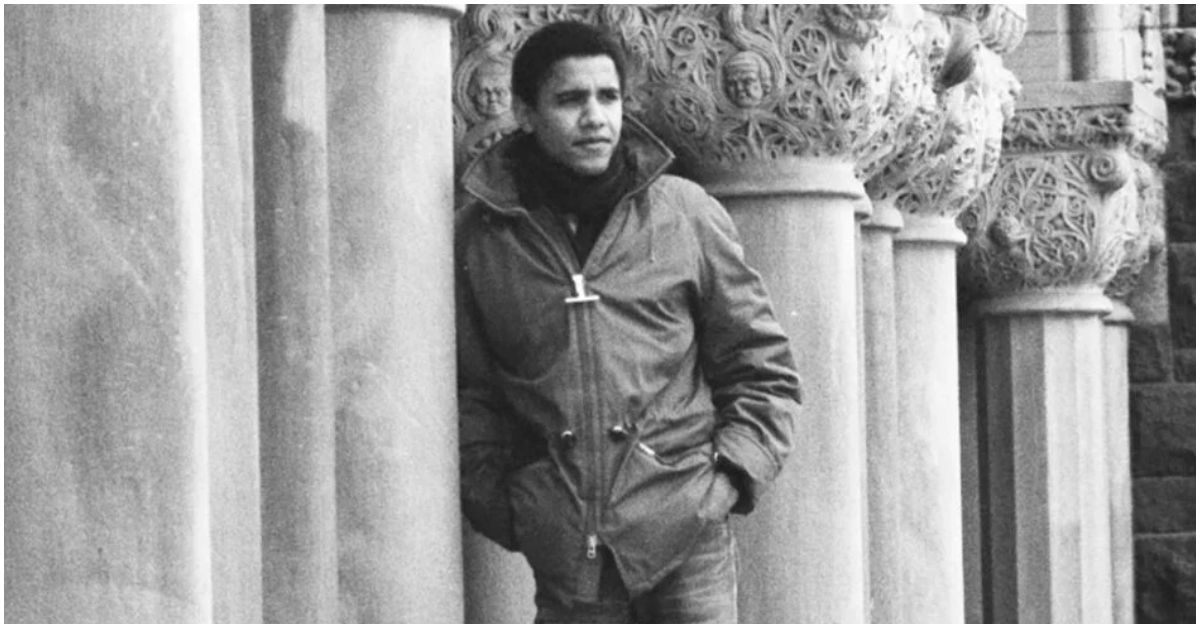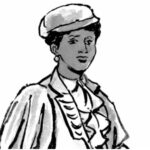Groundbreaking Achievement: Obama Elected First Black Harvard Law Review President
Barack Obama was elected as the first black president of the prestigious Harvard Law Review in the spring of 1990. This groundbreaking achievement marked a significant milestone in the 104-year history of the prestigious publication and served as a harbinger of Obama’s meteoric rise to the highest office in the land.
“The fact that I’ve been elected shows a lot of progress,” Mr. Obama said in an interview at the time. “It’s encouraging. But it’s important that stories like mine aren’t used to say that everything is O.K. for blacks. You have to remember that for every one of me, there are hundreds or thousands of black students with at least equal talent who don’t get a chance.”
Obama’s election as the Harvard Law Review’s first black president was a watershed moment, symbolizing the progress made in promoting diversity and representation within the hallowed halls of one of the nation’s most prestigious institutions.
A Remarkable Journey: From Community Organizer to Law School Trailblazer
Barack Obama’s path to the presidency of the Harvard Law Review was anything but conventional. After graduating from Columbia University, he spent four years working as a community organizer in Chicago’s South Side, advocating for the rights of impoverished black communities.
At the age of 27, Obama enrolled at Harvard Law School, older than many of his classmates and armed with a unique perspective shaped by his experiences. Despite his unconventional background, Obama quickly distinguished himself as a remarkable student, earning the respect and admiration of his peers and professors alike.
A Multifaceted Identity and Unwavering Confidence
Obama’s complex identity – born in Hawaii to a Kenyan father and an American mother, and raised in Indonesia during his childhood – set him apart from his classmates. However, as his friend and classmate Cassandra Butts ’91 noted in an interview with PBS’ “Frontline,” “Barack’s identity, his sense of self was so settled. He didn’t strike us in law school as someone who was searching for himself.”
This self-assurance and confidence, combined with his intellect and eloquence, propelled Obama to the forefront of the Harvard Law School community, earning him praise from professors like Laurence Tribe ’66, who called him “the most impressive student he had ever had.”
Navigating Controversy and Fostering Inclusivity
Obama’s election as president of the Harvard Law Review came during a time of intense debate and controversy on campus. Student protesters demanding the hiring of more black faculty had staged a sit-in inside the dean’s office and filed a lawsuit alleging discrimination.
While Obama spoke at one protest rally, he largely preferred to stay behind the scenes and lead by example, opting to navigate the fractious disputes with a conciliatory approach that earned him respect from those across the ideological spectrum.
Forging Compromise and Uniting Diverse Perspectives
As the president of the Harvard Law Review, Obama sought to create a “forum for debate,” bringing in new writers and pushing for more accessible and engaging writing. His ability to bridge divides and forge compromises was a hallmark of his leadership, as he successfully navigated the polarized political environment on campus.
Bradford Berenson ’91, who was among the conservative voices on the Law Review staff, recalled, “He tended not to enter these debates and disputes but rather bring people together and forge compromises.”
Obama’s election as the first black president of the Harvard Law Review was a watershed moment, symbolizing the progress made in promoting diversity and representation within elite institutions. However, as he himself acknowledged, it was a step forward on a longer journey toward true equity and opportunity for all.


